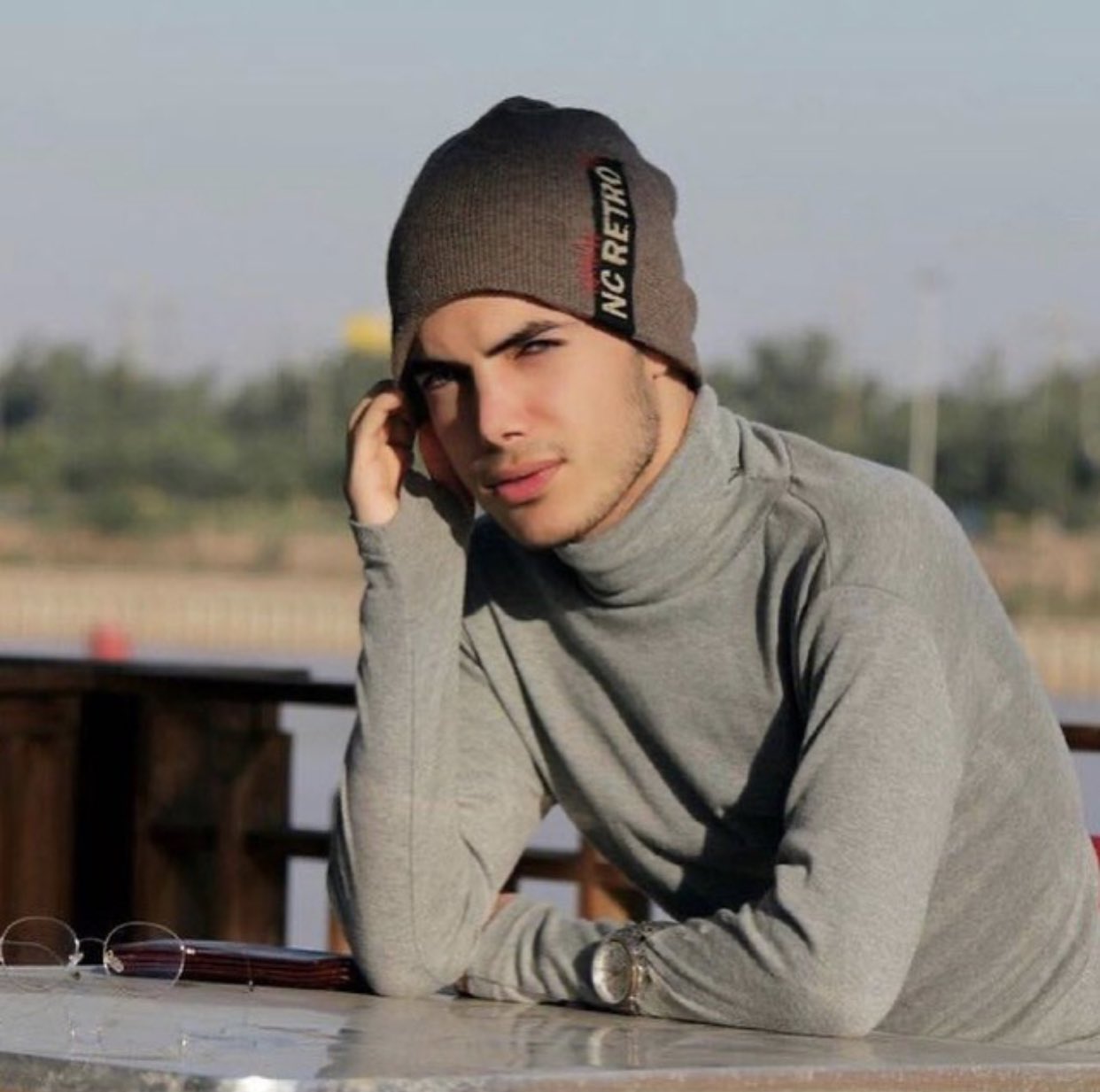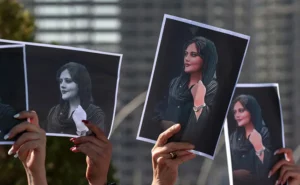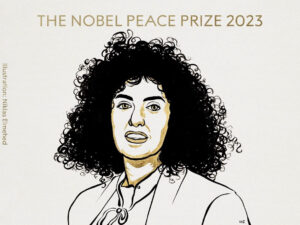News surfaced in recent days that a young Iranian man had been murdered by his own family for being gay. According to reports, Fazeli Monfared’s brother and two of his cousins viciously murdered him on May 4th in the Southwestern region of Iran near Ahvaz, after discovering he had been exempted from military service in Iran due to his sexuality. While there are conflicting accounts as to whether or not Fazeli Monfared was beheaded, there is no question to the brutality and reprehensible nature of his death. Not only for the violent way in which he was killed, but also for the fact that he was murdered for being gay.
Though this heinous action was not carried out by the state and the perpetrators have been reportedly arrested, the Iranian government’s criminalization of homosexuality creates an atmosphere of state-endorsed homophobia and the state does not act to protect gay Iranian men and women as members of society. Iranian penal code goes as far as making homosexuality punishable by death. When challenged on this grotesque policy in 2019, Iran’s Foreign Minister Javad Zarif defended it under the guise of “moral principles regarding the behavior of people in general.”
While the government and its inhumane policy are certainly culpable for their part, it is important that Iranians also reflect on the serious issue of bigotry in their own society. A 2020 report from 6rang, a group that advocates for the Iranian LGBTQ+ community, found that six in ten queer Iranians had experienced some form of assault from homophobic family members. Both from the top-down and the bottom-up, Iranian society must address its treatment of the LGBTQ+ community as a central part of any human rights movement in Iran.
To be clear, Iranian society is not a monolith, and these viewpoints are not universally shared, nor was the murder of Fazeli Monfared supported by his entire family. As reports show, his mother was “hospitalized with shock,” compounding the devastation of this tragedy.
Alireza Fazeli Monfared was only 20-years old and just beginning his adult life. Any life taken so violently is appalling, but the case of Alireza is tragic for so many reasons. That he died at the hands of his own family members, in a country that criminalizes him instead of protecting him, that he died so young, but most of all because he was killed for nothing more than being himself. Being gay is not a crime, it is not a sickness or reason to feel ashamed. With Pride around the corner, the case of Alireza reminds us of the continued struggle for LGBTQ+ rights around the world. We must continue the fight not for tolerance, but for acceptance, and support our LGBTQ+ community so that they may live with the freedom and pride they deserve.
Back to top

